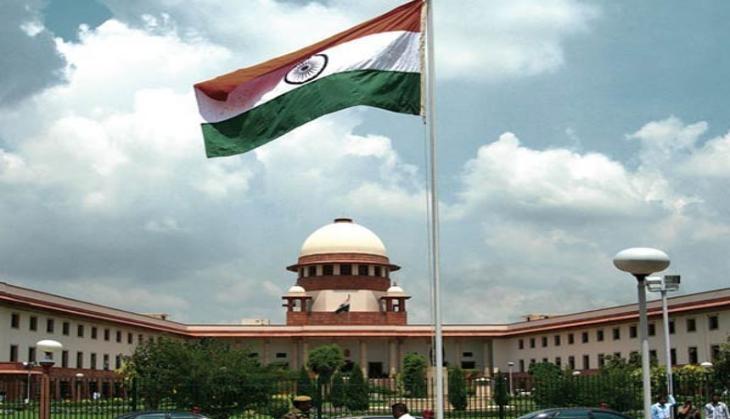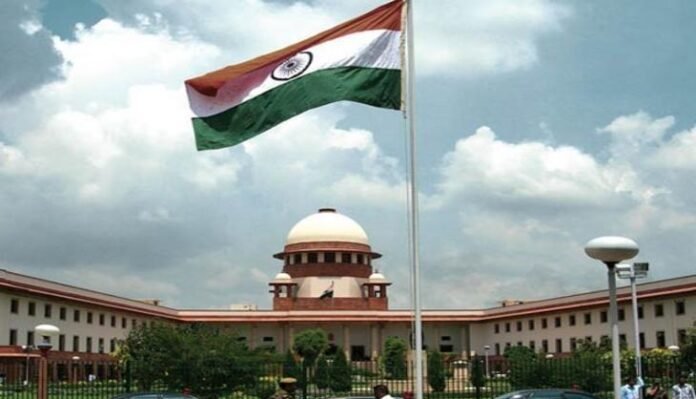[ad_1]

Supreme Court of India: When Does The Limitation To File Objections Against The Domestic Award Starts And What If It Expires On A Court Holiday
In a recent judgment of M/S R. K. Transport Company v. M/S Bharat Aluminum Company Ltd. (Balco), 2025 INSC 438, the Supreme Court of India was called upon to inter alia decide from when does the period of 03 months prescribed as the limitation period to file an application seeking setting aside of the award under Section 34(3) of the Arbitration & Conciliation Act, 1996 (A&C Act) is to be reckoned if such period ends on a day which is a court holiday. Also, whether, while calculating such period of 03 months, the date on which the award is received will be considered as the starting point of 03 months.
Factual Matrix
In a dispute between the parties, a domestic award was passed on 09.04.2022. On the same day, it was received by the Award Debtor. This is germane as Section 34(3) of the A&C Act provides that an application seeking setting aside of a domestic award may not be made after 03 months have elapsed from the date on which the party making that application had received the arbitral award.
Since 9th and 10th July 2022 were court holidays, on 11.07.2022, the Award Debtor filed an application under Section 34(3) of the A&C Act. In these proceedings, the Award Creditor argued that the application is not within the prescribed limitation of three months. The Section 34 Court initially found in favour of the Award Debtor. But thereafter due to events which are not immediately important for the present purpose, the Award Creditor filed a recall application seeking recall of Section 34 court’s order.
While deciding the recall application, the Section 34 court reversed its earlier decision and held that the application filed by the Award Debtor was time barred. Therefore, the Award Debtor filed an appeal against this order under Section 37 of A&C Act. The Appellate court allowed this appeal and decided in favour of Award Debtor holding that the application was not time barred. The Award Creditor filed an appeal against this decision before the Supreme Court which was decided in the present case.
Parties Contentions
According to the Award Debtor, its application was within time limit of three months. This was based on the assumption that 09.04.2022 being the date on which the award was received would not be considered as the starting date from which the period of three months will be calculated.
This assumption finds its genesis under Section 12(1) read with Section 4 of the Indian Limitation Act. Section 12(1) of Indian Limitation Act inter alia provides that in computing the period of limitation for any suit, appeal or application, the day from which such period is to be reckoned, shall be excluded. Further, Section 4 of the Indian Limitation Act provides that where the prescribed period for any suit, appeal or application expires on a day when the court is closed, the suit, appeal or application may be instituted, preferred or made on the day when the court re-opens.
As per the Award Creditor, the time limit of three months will be calculated from the very same day when the award was received by the Award Debtor as Section 34(3) of the A&C provides that an application seeking setting aside of a domestic award may not be made after 03 months have elapsed from the date on which the party making that application had received the arbitral award.
Award Creditor further contended that Section 12 of the Indian Limitation Act will not be applicable while calculating the period of limitation under Section 34(3) of A&C Act. Therefore, according to the Award Creditor, the three months period calculated from 09.04.2022 expired on 08.07.2022 whereas the application seeking setting aside of the award was filed on 11.07.2022 of three days.
Decision of the Supreme Court
The Supreme Court held as under:-
- Section 34(3) of the ACA stipulates the limitation period for filing an application to set aside an arbitral award as 3 months from the date on which the party receives the arbitral award, which can be further extended by 30 days on sufficient cause being shown.
- The statutory language of Section 34(3) clearly stipulates the limitation period as “three months”, as opposed to the condonable period as “thirty days”. This difference in language unambiguously demonstrates the legislative intent that the limitation period is 3 calendar months as opposed to 90 days. Therefore, 3 months cannot be read as 90 days in the context of Section 34(3).
- Section 12(1) of the Limitation Act applies while calculating the limitation period under Section 34(3) such that the day from which such period is to be reckoned must be excluded. There is nothing in the statutory language or scheme of Section 34(3) that is contraindicative that Section 12(1) does not apply.
- In the present case, the Award Debtor received a signed copy of the award on 09.04.2022. Since Section 12(1) applies, this date must be excluded and the 3-month limitation period must be reckoned from 10.04.2022. This expires on 09.07.2022, which happened to be a second Saturday when the court was not working. Hence, the benefit of Section 4 of the Limitation Act will inure to the benefit of the Award Debtor.
- Therefore, the Award Debtor’s application under Section 34, which was filed on 11.07.2022, i.e., the next working day of the court, must be considered as being filed within the limitation period. Consequently, there was no delay in filing the application and sufficient cause need not be shown for condonation of delay. The Appellate Court therefore rightly allowed the Section 37 appeal and held that the Award Debtor’s Section 34 application was filed within the limitation period.
[ad_2]
Source link

